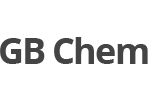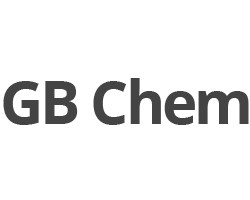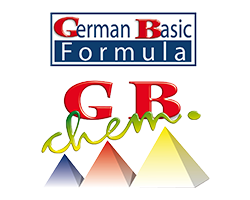The Global Organic Textile Standard (GOTS) was developed by leading standard setters to define world-wide recognised requirements for organic textiles. From the harvesting of the raw materials, environmentally and socially responsible manufacturing to labelling, textiles certified to GOTS provide a credible assurance to the consumer.
GOTS was founded by four well-reputed organisations: Organic Trade Association (OTA, USA), Internationaler Verband der Naturtextilwirtschaft (IVN, Germany), The Soil Association (UK) and Japan Organic Cotton Association (JOCA, Japan). Two of these (IVN and JOCA) are textile industry organisations, while the other two (OTA and Soil Association) are organic organisations rooted in organic agriculture and food. Together, they hold extensive experience in promoting 'organic' and all had developed individual processing standards for organic textiles. GOTS came about from the desire to harmonise these standards so that they were internationally recognised. The GOTS organisation draws on the advice of, and input from, other relevant international stakeholder organisations and experts for regular standard updates.
- www.global-standard.org



